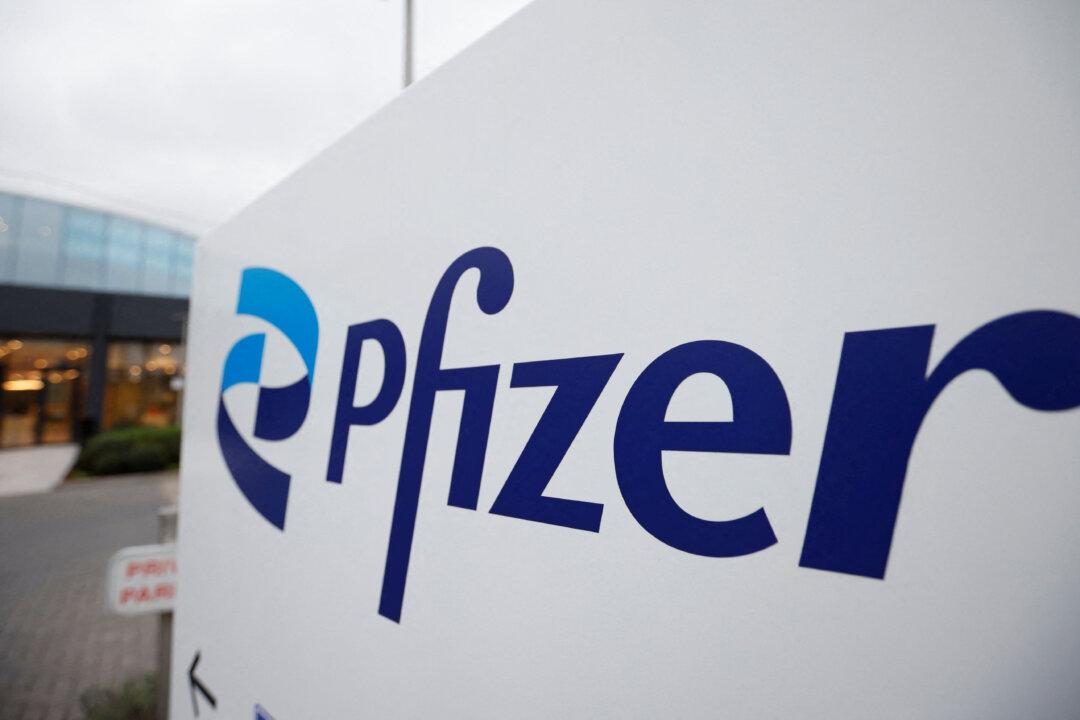Pfizer has named Patrizia Cavazzoni, the former head of the U.S. Food and Drug Administration’s (FDA) drug review division, to serve as its top doctor.
Cavazzoni, who worked at Pfizer before joining the FDA, led the agency’s Center for Drug Evaluation and Research from 2020 until mid-January. On Monday, Pfizer announced she would rejoin the company as chief medical officer and executive vice president.





